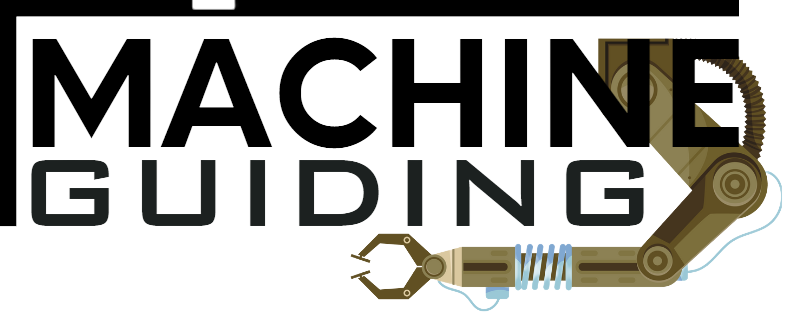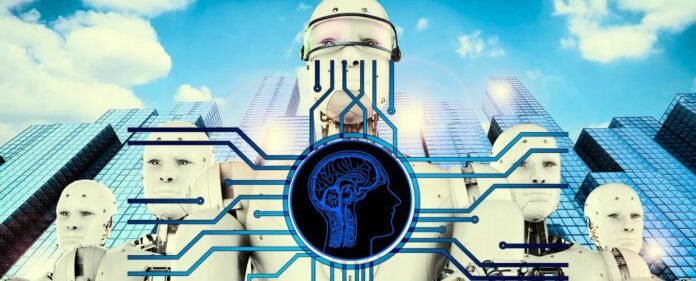In recent years, the promotion of artificial intelligence (AI) has been remarkable. From self-driving cars to voice-activated assistants, AI has made significant strides, becoming an integral part of our daily lives. As technology evolves, the concept of “strong AI” – an AI system capable of human-level intelligence across a wide range of tasks – looms on the horizon. The prospect of strong AI raises profound questions about the future of humanity, its implications, and the challenges it presents. This article delves into the potential impact of strong AI and explores the opportunities and challenges ahead.
Understanding Strong AI
Strong AI, also called artificial general intelligence (AGI), represents the next frontier of artificial intelligence. It encompasses AI systems that possess human-like cognitive capabilities, enabling them to excel across a wide range of tasks and exhibit a level of intelligence comparable to or surpassing that of humans. Unlike narrow or weak AI designed for specific tasks, it aims to replicate human intelligence. It seeks to develop machines that can reason, learn, understand natural language, and solve complex problems across various domains, just as humans do.
Achieving it is an ambitious and multifaceted goal. It combines advancements in machine learning, deep neural networks, natural language processing, and other AI disciplines to create intelligent systems that generalize knowledge and adapt to new situations. Additionally, it necessitates developing a deep understanding of human cognition, consciousness, and decision-making processes to replicate them in AI models. By attaining It, scientists and researchers aspire to make machines capable of performing tasks that require human intelligence. It includes advanced scientific research, creative endeavors, complex problem-solving, and decision-making in high-stakes scenarios. It has the potential to bring about significant advancements in various fields, revolutionizing industries and reshaping the very fabric of society.
The Potential of Strong AI
The advent of strong AI holds immense promise for humanity. It can revolutionize various fields, including healthcare, transportation, finance, and education. It could assist doctors in diagnosing diseases, accelerate scientific discoveries, optimize resource allocation, and enhance educational experiences. Moreover, it could tackle complex societal challenges, such as climate change, poverty, and inequality, by providing innovative solutions and helping us make informed decisions. By leveraging strong AI, we may witness unprecedented progress and improve the overall well-being of humankind.
Challenges and Ethical Considerations
While the development of strong AI holds immense promise, it also presents significant challenges and ethical considerations. One of the foremost concerns is the potential impact on employment. As AI systems become more developed and capable, widespread job automation is riskier, leading to unemployment and socio-economic inequality. Addressing this issue requires proactive measures, such as retraining and upskilling the workforce to adapt to the changing landscape. Another critical challenge is ensuring its safety and control of It. Developing mechanisms that prevent AI systems from being misused or causing unintended harm is crucial. Ethical dilemmas related to privacy, data security, and algorithmic bias must also be carefully addressed to maintain public trust and protect individuals’ rights.
Moreover, the development of strong AI raises profound philosophical and moral questions. Issues surrounding AI consciousness, accountability, and the potential impact on human identity need careful examination and consideration. Ethical frameworks and guidelines are essential to guide the development and deployment of it responsibly and beneficially. By actively addressing these challenges and ethical considerations, we can navigate the path to strong AI in a way that maximizes its usefulness while minimizing potential risks to humanity.
Human-AI Collaboration and Augmentation
Collaboration between humans and AI becomes essential to successfully navigate the future of It. Rather than viewing AI as a replacement, we should embrace it as a powerful tool for augmenting human capabilities. By combining the unique strengths of human intelligence, creativity, and empathy with the computational power of AI, we can achieve extraordinary feats. Collaborative efforts can lead to the developing of AI systems that enhance human cognition, enable new forms of creativity, and foster improved decision-making processes. Building a symbiotic relationship between humans and AI will shape a future where both can thrive.
Conclusion
The emergence of strong AI has the potential to redefine the trajectory of humanity. Its transformative power can unlock unprecedented progress, revolutionize industries, and tackle complex global challenges. However, realizing the benefits while mitigating the risks requires careful consideration and proactive measures.
As we move forward, it is imperative to foster interdisciplinary research, engage in meaningful discussions, and establish robust ethical frameworks to ensure that strong AI aligns with human values and safeguards our collective well-being. By embracing the opportunities and addressing the challenges, we can pave the way for a future where strong AI enhances our lives and empowers us to create a better world.


















